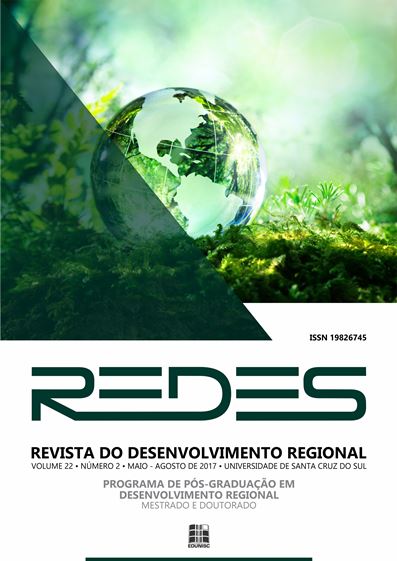Social Mobilization and Collective Action in the Brazilian Semi-Arid Region: Convivência, Agroecology and Sustainability
DOI:
https://doi.org/10.17058/redes.v22i2.9353Keywords:
Living with the Semi-Arid. Agroecology. Collective Action. Institutional Experimentalism.Abstract
This text seeks to reflect on the trajectory of social mobilization for the construction of the notion of coexistence with the semi-arid, from the decade of 1990. The coexistence of the human being with his environment is an essential dimension of Agroecology, having as perspective its maintenance and its Permanence. Hence it is also based on the concept of sustainable development and participation involving the various social actors. Mobilized in the Articulation in the Brazilian Semi-Arid, these social actors assume another dimension in the defense of public policies for the region and, thus, come into conflict with the political practice of combating the drought. With this, they construct a collective action having as central element a program of construction of rural cisterns and other social technologies based on the coexistence with the semiarid. Subsequently, this action advances to a level of "institutional experimentalism" since 2003, in partnership with the federal government and, analyzing the last drought phenomenon in the region, despite some limitations, has shown a relative capacity for families to overcome Their vulnerabilities to the negative impacts of drought and create autonomy in relation to the "old" assistance policies and drought control.Downloads
Download data is not yet available.
Downloads
Published
2017-04-30
How to Cite
Diniz, P. C. O., & Lima, J. R. T. de. (2017). Social Mobilization and Collective Action in the Brazilian Semi-Arid Region: Convivência, Agroecology and Sustainability. Redes , 22(2), 189-207. https://doi.org/10.17058/redes.v22i2.9353
Issue
Section
Agroecologia



